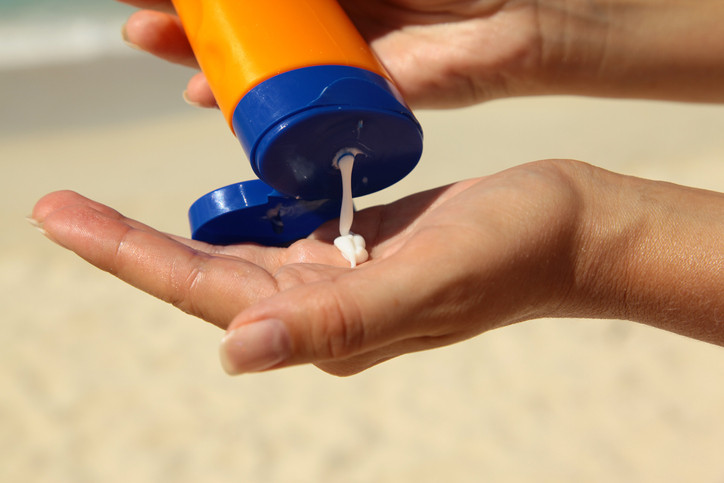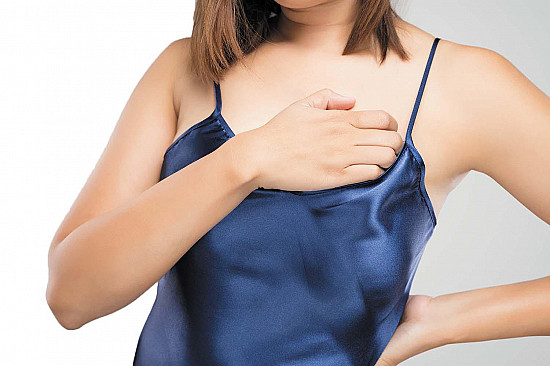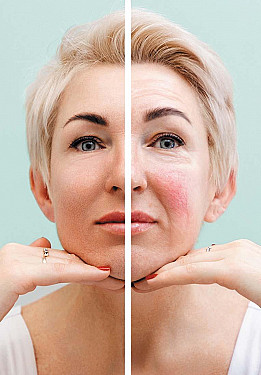Sunscreen makers withdraw products found to contain cancer-causing substance
News briefs
Recalls regarding carcinogens (cancer-causing substances) in drugs have reached the sunscreen aisle. In July 2021, Johnson & Johnson recalled five aerosol sunscreen products and CVS stopped selling two sunscreen products because of the presence of the carcinogen benzene. The moves came after an online pharmacy identified traces of benzene in dozens of sunscreen products and petitioned the FDA to investigate. The same pharmacy (Valisure LLC) was also responsible for testing that triggered recalls in 2019 and 2020 of heartburn and diabetes medications found to contain the carcinogen N-nitrosodimethylamine. Johnson & Johnson officials say benzene is not a sunscreen ingredient and confirm that additional testing found benzene in some products at such low levels that it would not be expected to cause health problems.
Still, you’re advised to immediately stop using the products, which include most Neutrogena spray sunscreens and one Aveeno product (Aveeno Protect + Refresh aerosol sunscreen). CVS has stopped selling CVS Health After Sun Aloe Vera (a gel) and CVS Health After Sun Aloe Vera Spray. However, don’t avoid sunscreen altogether: just choose different brands.
Even in October, overexposure to the sun’s radiation is harmful and increases your risk for skin cancer. Before going outdoors, apply a broad-spectrum sunscreen (SPF 30 or higher) to any exposed skin.
Image: boophotography/Getty Images
About the Author

Heidi Godman, Managing Director
Disclaimer:
As a service to our readers, Harvard Health Publishing provides access to our library of archived content. Please note the date of last review or update on all articles.
No content on this site, regardless of date, should ever be used as a substitute for direct medical advice from your doctor or other qualified clinician.

















